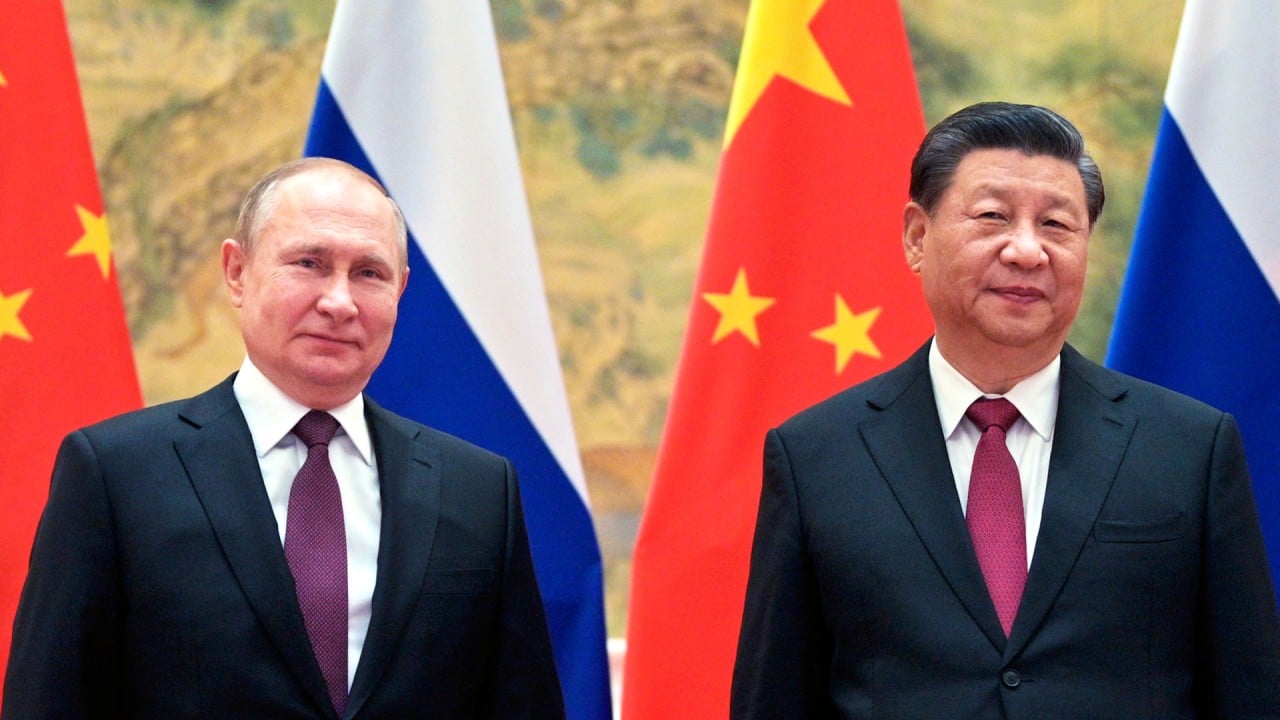
Defect rate of Chinese chips shipped to Russia surged to 40 per cent after Western sanctions, local newspaper says
- Before Russia’s invasion of Ukraine, the defect rate was just 2 per cent, business newspaper Kommersant reported, citing an anonymous source
- Chinese chip exports to Russia have ‘grown dramatically’ this year, according to Merics, aided by repackaging companies without exposure to Western markets
The defect rate of China’s semiconductor exports to Russia surged after the country invaded Ukraine in March, when Western sanctions forced Russian companies to source electronics from new suppliers, according to the local news outlet Kommersant.
Since the unprecedented wave of sanctions on Russia, 40 per cent of chips imported from China have been defective, while the rate before March was just 2 per cent, Kommersant reported, citing an anonymous source. The report did not name any Chinese suppliers.
Russia’s Ministry of Industry and Trade told Kommersant that it had not received any information about an increase in defective shipments.
Kommersant attributed the surge of defects to Western sanctions imposed on Russia, which cut off many importers’ access to foreign distributors using US machinery, software or blueprints – all critical to making the most advanced chips on the market. This reportedly led companies to procure components from unauthorised suppliers peddling products of subpar quality.
Out of 238 companies identified by Yale University’s Chief Executive Leadership Institute (CELI) as still operating in Russia, China has the most at 41, followed by the US with 27.
However, Chinese semiconductor exports to Russia have “grown dramatically”, with March to June volume increasing 209 per cent year on year, according to a report by the Mercator Institute for China Studies (Merics) in August. The exports were aided by chip repackaging companies that are not exposed to the US and European Union markets, according to the report.
“After a brief decline, Chinese deliveries of integrated circuits and other semiconductor products have skyrocketed since April, when China stepped in to fill the gap left by a 90 per cent drop in global exports to Russia, likely reassured by increased clarity on the G7 sanctions,” Merics analysts François Chimits and Antonia Hmaidi wrote.
A 40 per cent defect rate “tells you a lot about the difficulties Russia is having to live under those G7 sanctions”, and it shows that China is “unwilling to support Russia substantially beyond its own direct economic interest,” Chimits said in emailed comments to the Post.
“If Beijing had, semiconductors would likely have been THE field where support would have been provided, and the quality of Russian chips would then not have suffered that much,” he added.
Beyond just chips, Chinese exports to Russia have grown across the board as companies seek to fill the void left by Western brands. Such exports were up 26.5 per cent in August from a year earlier, according to Chinese customs data in September.


